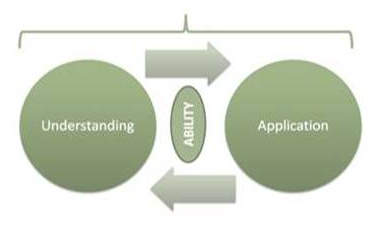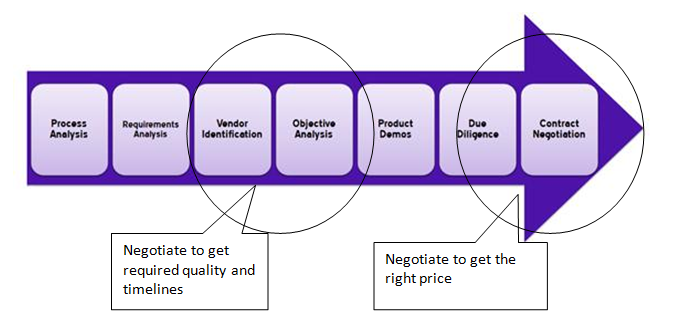
Strategy execution capability: Skills for goal execution / Skills for strategy execution:
If organizational performance is but merely its ability to translate market potential into financial success, then it is imperative that “people capability” is a crucial success factor for any organization.
While numerous studies, research, thought & action have gone into developing fairly advanced models & frameworks for competence management, on the ground facts reveal that the largest impediment to organizational success is strategy implementation (for which competence is a vital contributor). So, if competence was indeed being managed well, why doesn’t it reflect in organizational performance?
Global studies reveal that over 50% of managers worldwide attribute lack of capability of their teams to sub optimal performance. Furthermore, our own study reveals that the average capability, as seen by the leadership, vis-a-vis the requirement to implement organizational strategies stands at 67% with the best figure pegged at 72%!

Now, isn’t this shocking! Well, it was for us. So we dug deeper. We wanted to find out what caused this lack of capability & here’s what we found!
While there was no dearth of knowledge (education) or skills (experience) in an organization, the biggest impediment came from the ability to apply the available knowledge & skills in the context that was required by the strategy / for the job at hand.
So, while education & experience could be at best indicators of potential, capability is actually the ability of an individual to adapt & apply the understanding in the present organizational context. It is the consistency & adaptability of one to continuously transform understanding into application and vice versa.
 So, apart from the individual’s attitude (which is beyond the control of the organization other than plausibly providing the appropriate work environment), is there a lever that can be perused to coax better application of knowledge?
So, apart from the individual’s attitude (which is beyond the control of the organization other than plausibly providing the appropriate work environment), is there a lever that can be perused to coax better application of knowledge?
The answer is yes! If we cull capability requirements from smaller activity chunks, the context in which a particular skill or understanding is to be applied can be called out, thus reducing bias which otherwise hampers contextual application.
Role based capability building: If we draw out a process chart to achieve the goal at hand, we can then identify specific capability requirements for each of the activities that get called out. Addressing specific capability gaps would then help enhance execution and ultimately performance.
For example, let’s look at a typical vendor development process:

Let’s say negotiations skills is an imperative requirement for the process above. Although the underlying skills of negotiation would remain for all organizations with similar processes as above, the context of vendor relationship (price v/s value) that is unique to each organization, would essentially determine the context in which the negotiation skills are to be applied.
In other words, negotiating with vendors for quality and timeliness requires different adaptability of negotiating skills than negotiating with vendors for price, even though the underlying skills requirements are the same. To perform the activity at hand, hiring the right person with the right skills or training existing people with specific inputs is sure to get better results.





